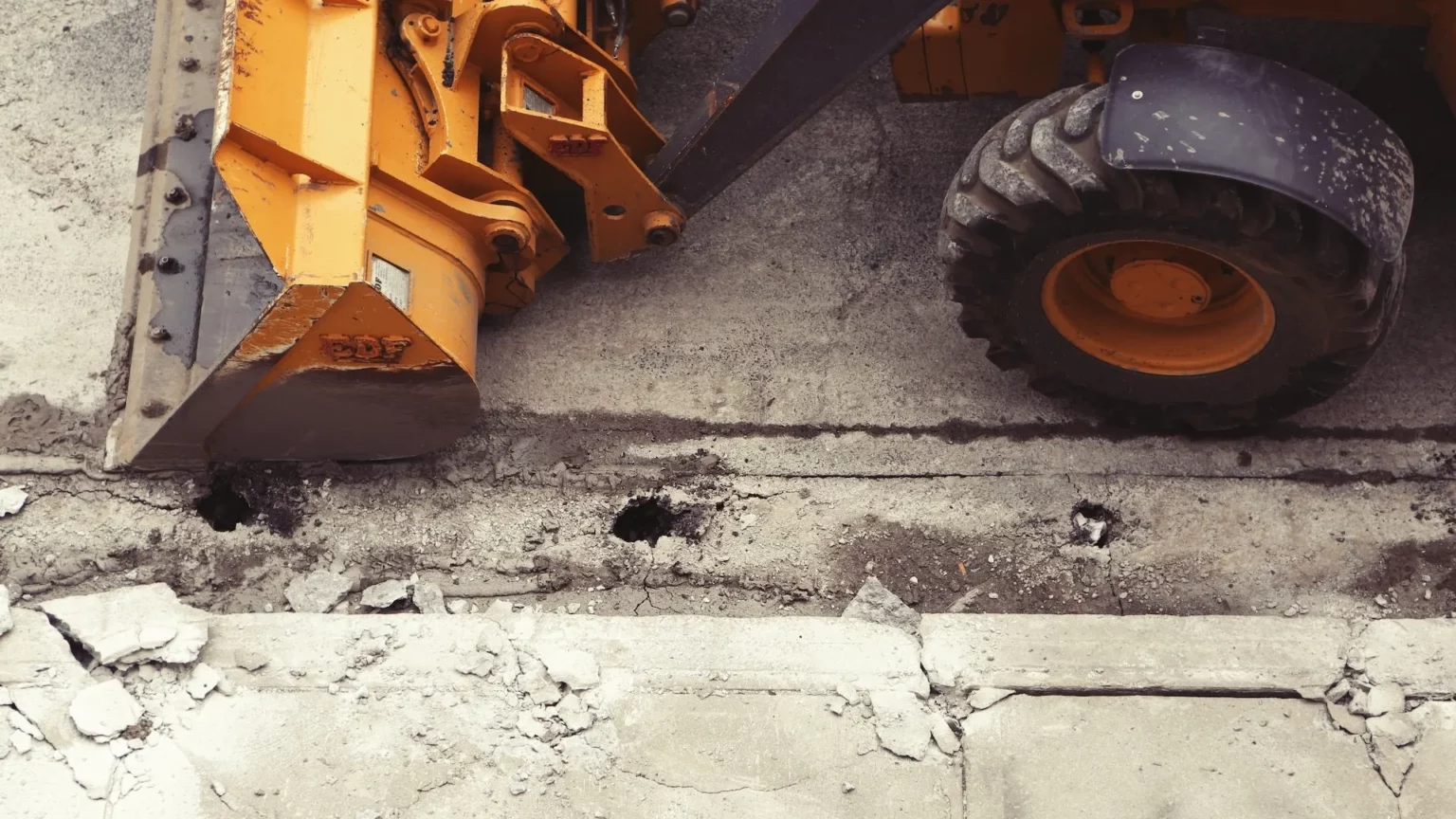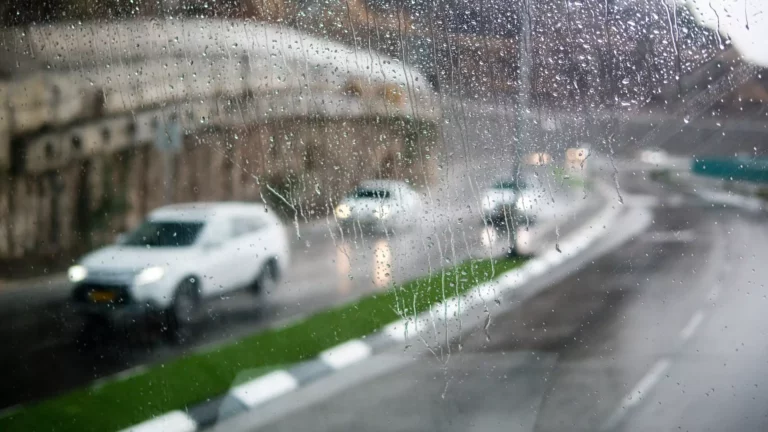What Should I Do If Dangerous Road Conditions Caused My Accident?

If you or someone you know has been injured due to dangerous road conditions, you may be entitled to file a personal injury lawsuit. Poor road conditions can result in serious physical injury, damage to your vehicle, and even lead to an accident. When the government fails to ensure safe roadway conditions and these negligent actions lead to harm, they may be held responsible for any damage suffered.
Damages that are often sought in a personal injury lawsuit related to unsafe roads include medical bills, loss of income due to time off work, property damage repairs, and more. If you believe that poor road conditions have caused you or someone close to you harms, you must seek legal counsel as soon as possible so your rights are protected and a claim can be filed.
An experienced personal injury lawyer can help you navigate the legal system and fight for the compensation that you are owed. By acting, you may be able to recover damages to help cover the cost of medical expenses, property damage, and more. The lawyers at ABC Law Firm are available to answer any questions or provide assistance with your claim. Contact us today to learn more about filing a personal injury lawsuit related to dangerous road conditions.
By choosing to take legal action against negligent government entities, you can hold them accountable for their actions and seek justice for yourself or someone else who has been injured due to poor roadway conditions. Don’t wait – contact our team of skilled attorneys today for more information on filing a personal injury claim.
When filing a claim for damages against the government, it is important to be aware of any time limits or deadlines that may apply. You will have only a few months after the event occurred in which to file your claim. Filing late can result in your claim being denied.
The procedure for filing a claim against the government can also differ from other types of claims; certain steps may need to be taken before submitting the official paperwork for your claim. Your best bet is to research all relevant laws and regulations related to claiming any level of government as soon as possible so that you know exactly what needs to be done before the deadline passes.
It’s important to note that if you are unsure of how to proceed, it’s best to seek advice from a lawyer or other legal professional experienced in these types of claims. This will ensure that your claim is filed properly and within the applicable time limits.
Taking the time to understand the requirements for filing a claim against the government can be critical in getting your claim approved. Don’t let important deadlines slip away – research what you need to know and get started on your claim as soon as possible!
Who is responsible for keeping roads safe?
The road maintenance obligations of a governmental entity depend on the specific facts and circumstances involved. For instance, if the government is aware of an unreasonably dangerous condition on the road in question, it may have a duty to warn drivers and pedestrians about it. Likewise, if the government knows that there is a significant risk of harm resulting from the condition, it may need to take steps to repair or address the issue.
In addition, you must be able to prove that your injury was caused by the unsafe condition of the road. When filing a personal injury claim against a government entity related to a roadway accident, it’s important to work with an experienced attorney who understands state laws and can help you build as strong of a case as possible. An attorney can assess the situation and determine if a governmental entity may be liable for your injuries and represent you in pursuing a successful claim.
Overall, when it comes to road maintenance involving governmental entities, the law is complex – so it’s important to understand your rights and how to protect them following an injury from unsafe road conditions. With the help of a knowledgeable attorney, upholding these rights becomes easier.
How does the government learn about dangerous road conditions?
When it comes to determining the amount of time that is considered ‘reasonable’ for a government entity to fix a dangerous road condition, there are no hard and fast rules. Factors like the severity of the danger, availability of resources, and geographical constraints all play a part in deciding how much time can be deemed ‘reasonable.’
The most common way that state governments discover unsafe road conditions is by conducting regular surveys on roads. This allows them to quickly identify any potential issues and address them promptly. They may also receive reports from community members regarding dangerous conditions they have observed – this can be an effective way for individuals to help ensure their safety when out on the roads. Finally, routine maintenance to detect problems before they become serious is another important step in keeping roads safe.
Ultimately, government entities need to take swift action when it comes to dangerous conditions on roadways, to protect citizens from potential harm. It is also essential for individuals to stay vigilant and aware of their surroundings while out on the roads. By doing so, everyone can work together to keep our public spaces safe for everyone.
What if the government never discovers unsafe road conditions?
The court is likely to consider whether the government had a duty to maintain the roads in a safe condition and, if so, whether it was negligent in failing to do so. The court will also consider how long the dangerous road conditions existed before you were injured and whether or not the government should have reasonably discovered it within that time frame.
In deciding liability, courts may look at factors like whether there was a history of similar incidents on the same stretch of road; if proper warnings were given about potential hazards; or if other drivers had reported similar hazardous conditions before your accident. All these considerations are used as evidence when determining fault for your injuries.
Ultimately, even if the government did not know that a particularly dangerous road condition existed, the court may still find that it was responsible for failing to ensure that its roads were safe and properly maintained. For this reason, it is important to understand your rights and the legal basis on which you can pursue compensation if you are injured due to dangerous road conditions.
It is also important to seek the help of an experienced lawyer who can help you build a strong case to get the maximum amount of compensation possible.
If successful in your claim against the government, you may be able to recover damages for medical expenses, pain, and suffering, lost wages, and other costs associated with your injury. It is important to note that these claims usually have tight deadlines, so it is essential to contact an experienced personal injury attorney as soon as possible if you have been injured due to dangerous road conditions. Your attorney can help you understand your rights and ensure that any claim is filed within the applicable deadlines to maximize your chances of success.
If you or someone close to you has been injured due to a dangerous road condition, it is important to understand the legal landscape surrounding these claims so that you can pursue the compensation you deserve. An experienced personal injury lawyer can provide invaluable assistance in this process and ensure that your case is handled effectively. Don’t hesitate—to contact an experienced attorney today for more information.
Will the city pay for pothole damage?
If a person has been injured in an accident caused by a defectively maintained pothole, they may be able to sue the city responsible for the roadway. To do so, they would need to prove that the city was negligent in its maintenance of the roadway and that this negligence resulted in their injury. This could be demonstrated through evidence such as recent photos or videos of the pothole before the incident, witnesses’ testimonies about its condition, and/or past complaints about it from residents. If successful, they may be eligible for financial compensation from the city.
It is important to note that cities are not always held liable for damage caused by defective potholes. Factors such as how visible the pothole was, how long it had been present, and whether the city had received complaints about it can all impact the outcome of a lawsuit. Therefore, if you have been injured in an accident caused by a pothole, it is important to gather as much evidence as possible to demonstrate that the city was negligent in its maintenance of the roadway. This could give you a better chance of receiving compensation for your damage.
Overall, defective potholes are illegal, and cities can be held liable for any damages they cause. If you have been injured due to negligence on behalf of the city responsible for maintaining a roadway, then you may have legal options available to receive financial compensation. Be sure to collect relevant evidence and consult with a personal injury lawyer to ensure that your rights are being properly represented.
What types of dangerous road conditions can the government be responsible for?
In New Jersey, the city can be held responsible for a variety of dangerous road conditions that cause harm to drivers, passengers, and pedestrians. Some examples include inadequate lighting due to broken or missing streetlights, potholes, uneven pavement surfaces, debris on the roads, large cracks in the pavement or sidewalks, insufficient signs warning of dangerous curves or turns, and objects protruding into streets.
Poor drainage systems that allow water to accumulate on the roads can also create hazardous conditions for drivers or pedestrians. Additionally, failure to keep up with regular maintenance like trimming trees or brushing near roads can cause visibility problems and lead to accidents. Finally, outdated traffic signals that fail to properly indicate when it is safe for drivers and pedestrians to cross can also result in serious injury. Cities in New Jersey need to be aware of these dangerous road conditions and take steps to prevent accidents from occurring.
To ensure safety for all drivers, passengers, and pedestrians in New Jersey, cities should take preventive measures by conducting regular inspections of roads, sidewalks, and public spaces. They should also keep up with necessary repair and maintenance tasks such as filling potholes, clearing debris, or cutting back overgrown trees. Additionally, they should install proper warning signs to alert people of potentially hazardous conditions on the roads. By taking these steps to fix dangerous road conditions, cities can help make the streets safer for everyone.
Overall, failure to maintain appropriate road safety standards can have dire consequences for those who use them. Cities in New Jersey must be held accountable when it comes to dangerous road conditions so that accidents can be prevented, and lives can be saved.
How do I file a claim for injuries from dangerous road conditions?
If you have been injured due to hazardous road conditions in New Jersey, you may be eligible to make a claim. To begin the process, first determine whether your injury was caused by a municipality or private entity and gather evidence of the accident scene and any photos of the unsafe conditions that contributed to it. Additionally, make sure you can provide sufficient proof of damage such as medical receipts, police reports, and witness statements.
When filing a claim for dangerous road conditions in New Jersey, it is important to know where to submit your claim. Depending on whether your accident was caused by a municipally owned property or a privately-owned one dictates which organization will receive your complaint. If you were hurt due to hazardous road conditions maintained by the state, county, or municipality, you must file a notice of claim with the Office of the Attorney General.
This form must have detailed information such as your contact information, the date and time of the accident, and a description of what happened. If your incident was caused by a private entity such as a business or construction company, you will need to submit an administrative claim directly to them which should include similar details.
Once your claim is submitted, it may be possible for New Jersey’s statutory tort liability system to provide compensation for damages related to your injury. Make sure to keep all copies of correspondence from government offices or agencies in case further documentation is needed during the review process. Additionally, consult a knowledgeable personal injury lawyer who can help guide you through the claim process.
The most important thing to consider when filing a claim for dangerous road conditions in New Jersey is that time is of the essence. You have 90 days from the date of your injury to file a notice with the government and two years from the occurrence to file an administrative claim with a private entity, so make sure to act quickly if you believe you are eligible for compensation. With the right information and evidence, you can successfully obtain compensation for damage caused by hazardous road conditions in New Jersey.
How do I prove the dangerous road condition caused my injuries?
If you have been involved in an accident on a road with dangerous conditions, it is important to prove that the hazardous nature of the environment caused your crash. To do this, several pieces of evidence can be collected and presented in court to demonstrate that there was negligence on behalf of the party responsible for maintaining safe roads.
One way to prove that dangerous road conditions caused your accident is by gathering physical evidence from the scene. Take photos of any objects or obstacles which may have affected your ability to drive safely, such as potholes, poor signage, faulty traffic lights, etc. You should also take pictures of any weather-related hazards at play (e.g., rain or fog) as this can show how conditions were less than ideal.
Another important piece of evidence is witnessing testimony. If you can find people who were at the scene and who may have seen what happened, their accounts can help to establish that dangerous road conditions caused your accident. It is also beneficial to get written statements from any witnesses to ensure their memory doesn’t fade over time.
It is also useful to collect other types of evidence such as police reports, medical records, repair bills, and expert opinions which prove that hazardous driving conditions likely played a role in causing your crash. Additionally, it is helpful to be familiar with applicable laws regarding road safety so you can demonstrate how they were violated in this case leading up to the accident.
By gathering all this evidence and presenting it in court, you can prove that dangerous road conditions caused your accident. This will help to ensure that the party responsible is held accountable for their negligence and you are compensated for any injury or damage incurred because of the crash.
In conclusion, if you have been involved in an accident on a road in poor conditions, it is important to prove that this was the cause of your crash. To do this, collect physical evidence from the scene such as photos and witness testimony, as well as other types of evidence such as police reports, medical records, etc. With all this evidence presented in court, you can demonstrate how hazardous roads led up to the accident and hold those responsible accountable.
Related Blogs
No Fee Unless
GGL Wins
We've got you covered.
We are available 24/7/365
One of our advisers will contact you.

OFFICIAL PARTNER OF RUTGERS ATHLETICS



Recent GGL Wins
Auto Accident
Mediation award Plaintiff was injured in an intersection motor vehicle collision resulting in neck and lower back fusion surgeries.
$2 Million
Verdict
Workers Compensation
25-year-old laborer died in an industrial accident while working.
$1.15 Million
Verdict
Construction Accident
Roofer fell off roof causing head trauma resulting in a head injury. Plaintiff was not given fall restraint protection equipment by contractor.







